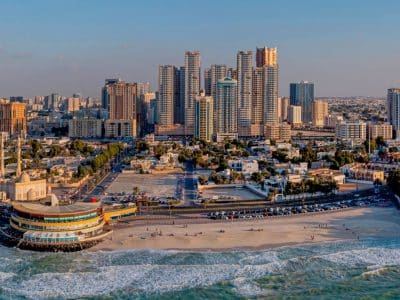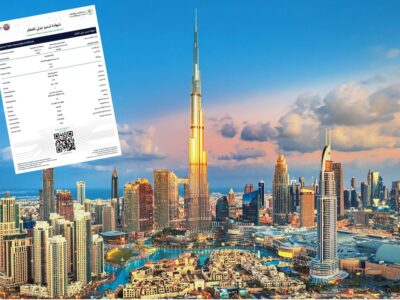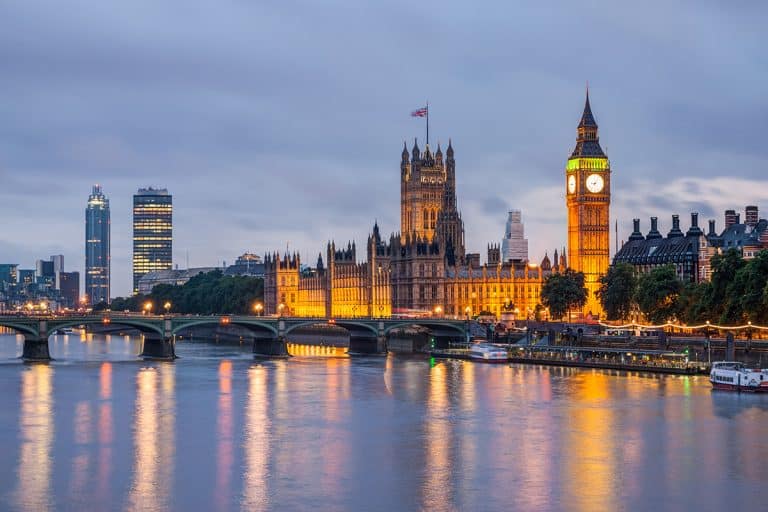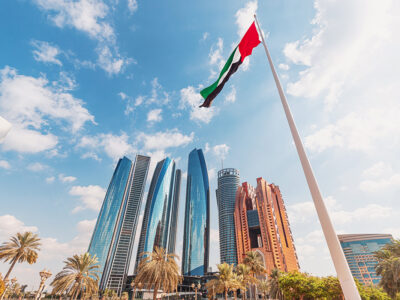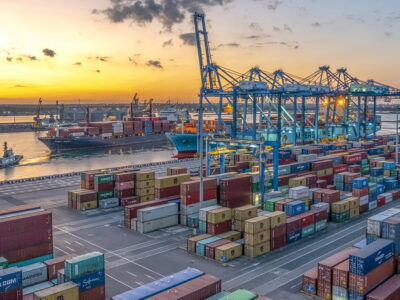As the United Kingdom approaches its general election on Thursday, Middle East real estate investors are closely watching the potential impact of the results on the property market.
UK real estate developer Barrat London has analysed the manifestos of the Labour and Conservative Parties to understand how their policies could affect those looking to invest in London’s property market.
Conservative Party
The Conservative Party is focusing on reducing immigration through caps on working visas and increased income requirements for foreign nationals wishing to bring their families to the UK.
However, these measures are unlikely to impact high-net-worth individuals or those investing in holiday homes or properties for relatives studying in the UK.
Positively, the Conservatives plan to boost housebuilding by fast-tracking planning permissions for brownfield developments (residential projects developed on sites previously used for industrial or commercial purposes) in large cities. This could lower property costs and increase availability.
Additionally, the party intends to permanently raise the Stamp Duty exemption threshold for first-time buyers to £425,000 (approx. $538,881), which includes overseas buyers who have never owned property.
Their manifesto also promises leasehold reform, capping ground rents at £250 (approx. $317), and simplifying commonhold tenure for apartment owners.
For rental property investors, the proposed Renters Reform Bill aims to enhance tenant security by banning no-fault evictions.
Labour Party
The Labour Party has set forth ambitious plans to build 1.5 million new homes and focus on regenerating brownfield land. However, a key proposal for foreign investors is an additional 1 percent Stamp Duty on residential property purchases by non-UK residents.
This would increase the rates to 6 percent for amounts under £250,000 ($316,991), 11 percent up to £925,000 ($1.17 million), 16 percent up to £1.5 million ($1.9 million), and 18 percent above £1.5 million ($1.9 million).
For example, this policy would add £5,000 ($6,340) to the cost of buying an average £500,000 ($634,075) London apartment. Despite this, UK rates remain relatively low compared to global standards, such as Singapore’s 60 percent tax for foreign investors.
Labour also plans to abolish leasehold entirely, shifting to commonhold for apartments and regulating ground rents and maintenance costs. This could benefit investors in city flats.
Additionally, the party proposes ending Non-Domicile status – a British resident whose permanent home or domicile for tax purposes is outside the UK – and introducing a points-based immigration system.
“Overseas investors might be nervous at the prospect of a change of government, but it’s important to remember that London property has remained a secure long-term investment through six General Elections and three different shades of government since 2000,” said Stuart Leslie, International Sales and Marketing Director at Barratt London.
For instance, those who bought the average home in January 2000 for £132,705 ($168,318) might now find its value appreciated by 277 percent to be worth approximately £499,663 ($633,755), he explained.
This demonstrates that “whatever the political party at the helm, investing in UK property continues to be a secure and reliable investment, especially in regeneration areas,” he added, reassuring prospective investors that it may increase in value to an even greater extent.

